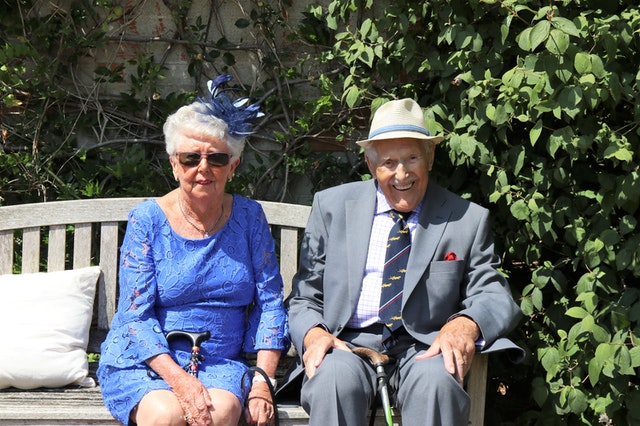How relationships between family members can be affected by a parent’s move to senior living
Not so long ago, we knew we could be caring for others while we would be cared for as we age. While this may be true around the world, it may not be plausible or a gold standard anymore. Family dynamics have become dynamic, relationships are now relatable differently, while our elderly need caregiving always.
We are each different and hence family members sometimes have an easy or hard time when their parent transitions to senior living. In earlier blogs, we discovered our elderly are affected by the move and now we delve into the family aspect of the same. While any move can be life-changing, it can be difficult for many children, siblings, family, partners, and the community. While we breathe modernism and modernization into every breath of our Geriatric care world, relationships do still matter and will always be. A move can be as stressful as any other event and relationships are not always affected the way we think they will be or are.
I recall an episode, where one of the children who lived far away was suddenly in the picture of their parents and did not want them moved to senior living, while the sibling who was caregiving lived nearby and did not have the power of attorney. Over mental anguish, including involvement by another sibling and hours of patient care aw a Geriatrician, we were finally able to resolve the matter with dignity, respect and peace. It however came at a price as the siblings separated and after the death of a parent, I no longer knew if they ever reconciled…
Taking those infinite situations into considerations, here are some ways how relationships between family members can be affected by a parent’s move to senior living in no special order:
- Feeling of self guilt that they could not care as they had planned to
- Anxiety over confusion about who did what and why in the move into senior living
- Distance can affect and create as much stress, making sense of the move to senior living
- Attitudinal differences, about how and where someone should retire or live or get care, leading to misassumptions, and misrepresentations
- Listening to friends, neighbors, who view the move as unnecessary.
- Feeling of helplessness and remorse over loss of control exacerbated by underlying personalities.
- Perceiving a move as the ultimate desperate attempt to leave a family unit vs looking at the positive aspects of it.
- Entertaining negative emotions and thoughts and not seeking help themselves, when a parent needs to move to senior living.
- Not understanding that a move to senior living is not the dead end of life and lack of clarity about their own ways and interests.
- Making oneself as priority vs the needs of the elderly, often seen in this world of self entitlement and acknowledgement and measuring one’s success ahead of the other.
Though sad, a lot of contempt in relationships between family members with a parent or sibling’s move to senior living is bolstered by a lack of empathy, deep insight, and Geriatric understanding. Ignorance is not bliss and ignorance sure prevents many elderly from safe and mihygge living. While many families want to care for their elderly, they do not realize the difference between the need for the elderly to thrive and enjoy mihygge. Their interests take over those of the vulnerable. In so doing, we build a world where healthy aging has no place. We are here to not only empower mindsets but to create awareness about the possibilities in senior living that a senior might miss out on as they age. As I always mention, everyone thinks differently, but when we think of our older adults through mihygge we can do so much better. Thank you for reading our blogs, we encourage any comments as we are always learning and eager to embrace new dialogues and until next time, we wish mihygge to our elderly and to our families!
